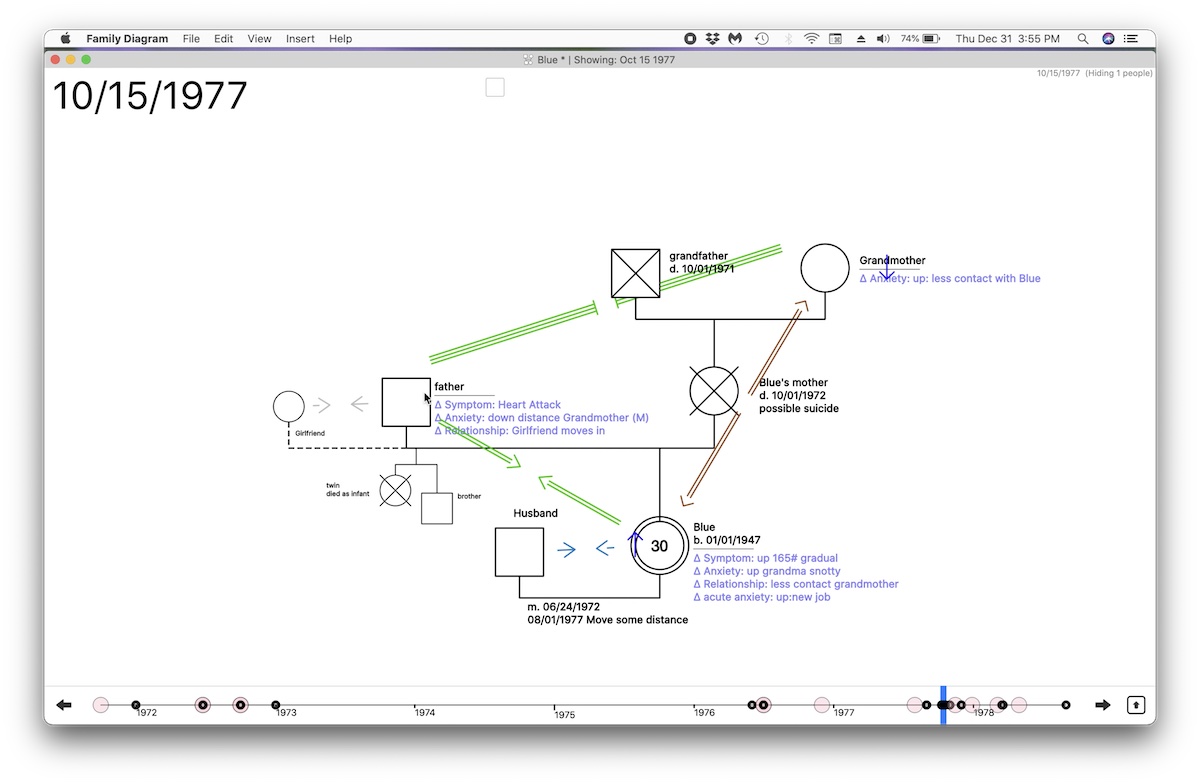The field of behavioral health as a science is still pre-paradigmatic. This means that there is not yet a consensus on a scientific theory that unites the field in research and treatment of problems with human behavior. The evidence for this is that beyond psychopharmacological research and treatment, clinical “therapy” can be conducted under any one of many “theories” that contradict each other.
In addition, there is not one theory of human behavior that can predict the entire range of problems and outcomes that it claims to treat in a manner in line with mainstream science. There are some theories like attachment theory or some behavioral theories that can predict within a narrow scope. But clinically these theories are applied to problems well beyond the narrow scope that research behind the theory indicates.
The lack of consensus and lack of predictive power are only two of many problems with the field of behavioral health as a “scientific” discipline. But this lack is understandable considering how little we know about human behavior. This would not be a problem except for the lack of awareness of this fact in clinical training and wasted time and other resources allocated to problems under false pretenses.
This “Research” section of this website is aimed squarely at this problem. The goal is to collect information that identifies what is solid and what must yet be substantiated in research on human behavior. It is perhaps uniquely organized around a “systems view” of human behavior, which focuses exclusively on organizing objective facts about how a change in one area of the human, or one area of the social system, results in a change somewhere else in the system and the pathways that these changes follow through the system.
As will all things on this site, this Research section is a work in progress. The goal is to constantly sculpt reliable information to organize research and subsequently organize the application of that research in professional practice and in life. It contains descriptions of research principals, example research goals, and examples of research conducted by Alaska Family Systems.
Index of Resources
Working Paper: Anxiety as a Core Concept in Human and Animal Adaptation
Working Paper: Toward and Away Model Definition and Terms



